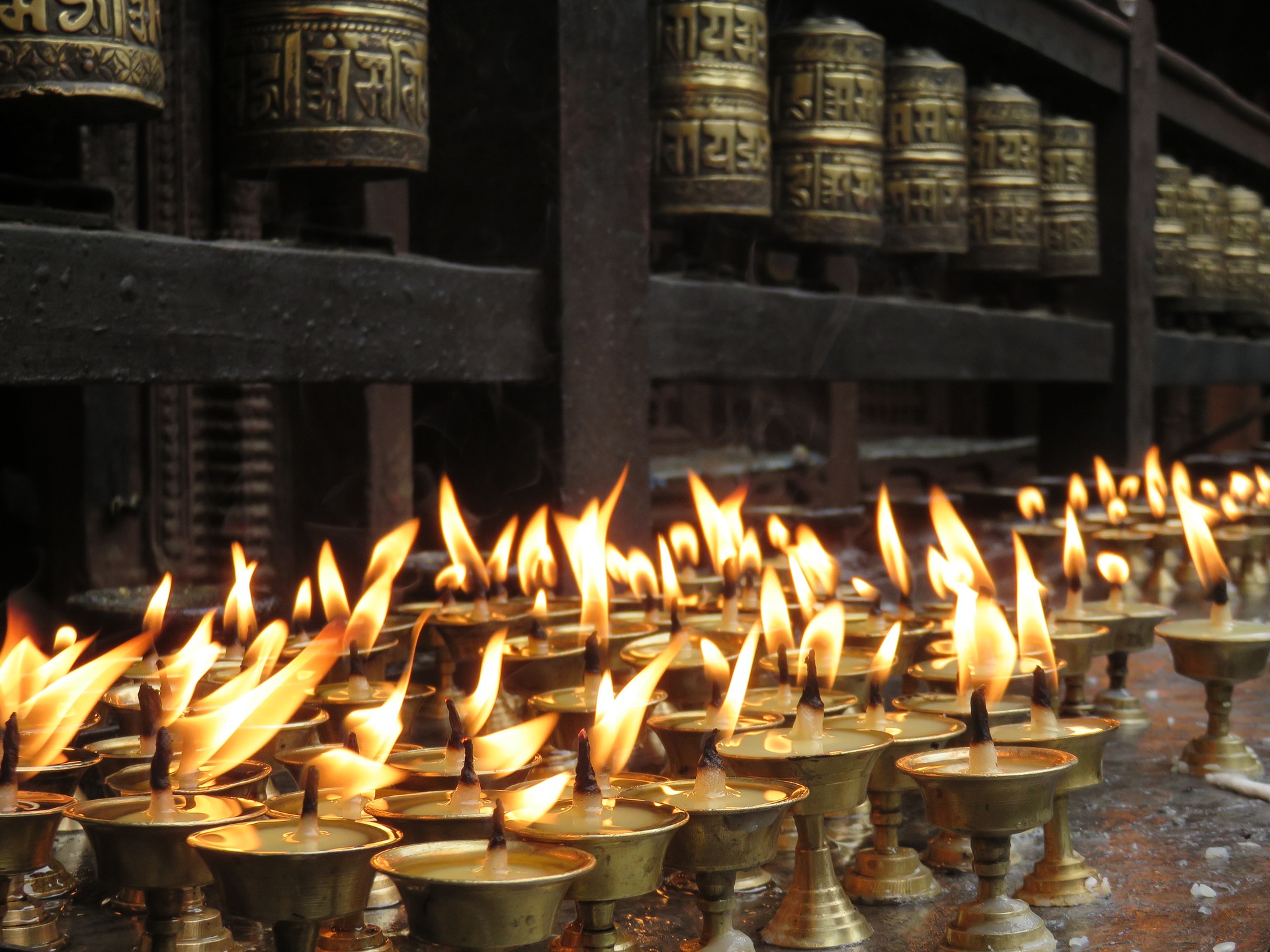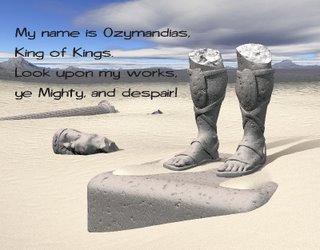Born in a small mining town in England on 11th September 1885, D.H. Lawrence is regarded as one of the most influential writers of the 20th century. Lawrence published many novels and poetry volumes in his lifetime, including Sons and Lovers and Women in Love, but is best known for his infamous novel Lady Chatterley’s Lover. The graphic and highly sexual novel was published in Italy in 1928, but was banned in the United States until 1959 and in England until 1960. Lawrence died in France on 2nd March 1930.
Reviled as a crude and pornographic writer for much of the latter part of his life, D.H. Lawrence is now widely considered as one of the great modernist English-language writers along with Joyce and Woolf. His linguistic precision, mastery of a wide range of subject matters and genres, psychological complexity and exploration of female sexuality distinguish him as one of the most refined and revolutionary English writers of his time. Lawrence himself considered his writings to be an attempt to challenge and expose what he saw as the constrictive and oppressive cultural norms of modern Western culture.
This poem was probably written by Lawrence in 1920 in Sicily. It was published in 1923 as part of his collection of poetry entitled Birds, Beasts, and Flowers.
Please note: N= noun, V=verb, Adj=Adjective, Adv=Adverb, P=Preposition
1st stanza:
Trough (N): A long, narrow open container for animals to eat or drink out of
Pyjamas (N): A loose-fitting jacket and trousers for sleeping in
2nd stanza:
Carob (N): A small evergreen Arabian tree which bears long brownish-purple edible pods
Pitcher (N): A large jug
3rd stanza:
Fissure (N): A long, narrow opening or line of breakage made by cracking or splitting, especially in rock or earth
Earth (N): The substance of the land surface; soil
Gloom (N): Partial or total darkness
Trailed (V): Past tense of the word “trail”, that is, to walk or move slowly or wearily
Slackness (N): Not tense or taut
Dripped (V): Past tense of the word “drip”, that is, (of liquid) to fall in small drops
Sipped (V): Past tense of the word “sip”, that is, to drink (something) by taking small mouthfuls
Gums (N): Plural form of the word “gum”, that is, the firm area of flesh around the roots of the teeth in the upper or lower jaw
5th stanza:
Cattle (N): Large ruminant animals with horns and cloven hoofs, domesticated for meat or milk, or as beasts of burden; cows and oxen
Vaguely (Adv): In a way that is uncertain, indefinite or unclear; roughly
Flickered (V): Past tense of the word “flicker”, that is, to make small, quick movements
Two-forked (Adj): Split into two distinct tines
Mused (V): Past tense of the word “muse”, that is, to be absorbed in thought
Stooped (V): Past tense of the word “stoop”, that is, to bend one’s head or body forwards and downwards
Bowels (N): Plural form of the word “bowel”, that is, the deepest inner parts or areas of (something)
Sicilian (Adj): Of or relating to Sicily or its people, language, or culture
Etna (N): Mount Etna is an active volcano on the east coast of Sicily
6th stanza:
Venomous (Adj): (Of an animal, especially a snake) secreting venom; capable of injecting venom by means of a bite or sting
8th stanza:
Confess (V): Acknowledge something reluctantly, typically because one feels slightly ashamed or embarrassed
Depart (V): Leave, especially in order to start a journey
Pacified (V): Past participle form of the word “pacify”, that is, to quell the anger, agitation, or excitement of
9th stanza:
Cowardice (N): Lack of bravery
Perversity (N): A deliberate desire to behave in an unreasonable or unacceptable way; contrariness
Humility (N): The quality of having a modest or low view of one’s importance
Honoured (V): Past participle form of the word “honour”, that is, to regard with great respect
11th stanza:
Seek (V): Attempt to find (something)
Hospitality (N): The friendly and generous reception and entertainment of guests, visitors, or strangers
12th stanza:
Bank (N): A long, high mass or mound of a particular substance
13th stanza:
Dreadful (Adj): Causing or involving great suffering, fear, or unhappiness; extremely bad or serious
Protest (N): A statement or action expressing disapproval of or objection to something
Withdrawing (V): Present participle form of the word “withdraw”, that is, to leave or cause to leave a place or situation
Horrid (Adj): Causing horror
Deliberately (Adv): consciously and intentionally; on purpose
Overcoming (V): Present participle form of the word “overcome”, that is, (of a feeling or emotion) to overpower or overwhelm
14th stanza:
Clumsy (Adj): Difficult to handle or use; unwieldy
Log (N): A part of the trunk or a large branch of a tree that has fallen or been cut off
Clatter (N): a continuous rattling sound as of hard objects falling or striking each other
15th stanza:
Convulsed (V): Past tense of the word “convulse”, that is, suffer violent involuntary contraction of the muscles, producing contortion of the body or limbs
Undignified (Adj): Appearing foolish and unseemly; lacking in dignity
Haste (N): Excessive speed or urgency of movement or action; hurry
Writhed (V): Past tense of the word “writhe”, that is, make twisting, squirming movements or contortions of the body
Intense (Adj): Of extreme force, degree, or strength
Fascination (N): Strong attention and interest
16th stanza:
Regretted (V): Past tense of the word “regret”, that is, to feel sad, repentant, or disappointed over (something that one has done or failed to do)
Paltry (Adj): Petty; trivial
Vulgar (Adj): Lacking sophistication or good taste
Mean (Adj): Unkind, spiteful, or unfair
Despised (V): Past tense of the word “despise”, that is, feel contempt or a deep repugnance for
Accursed (Adj): Used to express strong dislike of or anger at someone or something
17th stanza:
Albatross (N): A very large, chiefly white oceanic bird with long, narrow wings, found mainly in the southern oceans
18th stanza:
Exile (N): The state of being barred from one’s native country, typically for political or punitive reasons
Underworld (N): The mythical abode of the dead, imagined as being under the earth
Due (Adj): Expected at or planned for at a certain time
19th stanza:
Expiate (V): Make amends or reparation for (guilt or wrongdoing)
Pettiness (N): A behaviour that is narrow-minded or ungenerous
Detailed Analysis: We have considered your feedback and did a detailed analysis of quite a few poems at Beamingnotes. Luckily, the poem you’re reading now, Snake does have a detailed analysis. This will let you understand the poem in great depth and help you score good! Here are the following links- For annotations: Meaning and annotations of the poem Snake ; For complete line by line Summary: Summary of the Snake; For detailed critical analysis: Critical Analysis of Snake and for suggested solved questions: Solved Question and Answers from Snake.
Some online learning platforms provide certifications, while others are designed to simply grow your skills in your personal and professional life. Including Masterclass and Coursera, here are our recommendations for the best online learning platforms you can sign up for today.
The 7 Best Online Learning Platforms of 2022
- Best Overall: Coursera
- Best for Niche Topics: Udemy
- Best for Creative Fields: Skillshare
- Best for Celebrity Lessons: MasterClass
- Best for STEM: EdX
- Best for Career Building: Udacity
- Best for Data Learning: Pluralsight
















